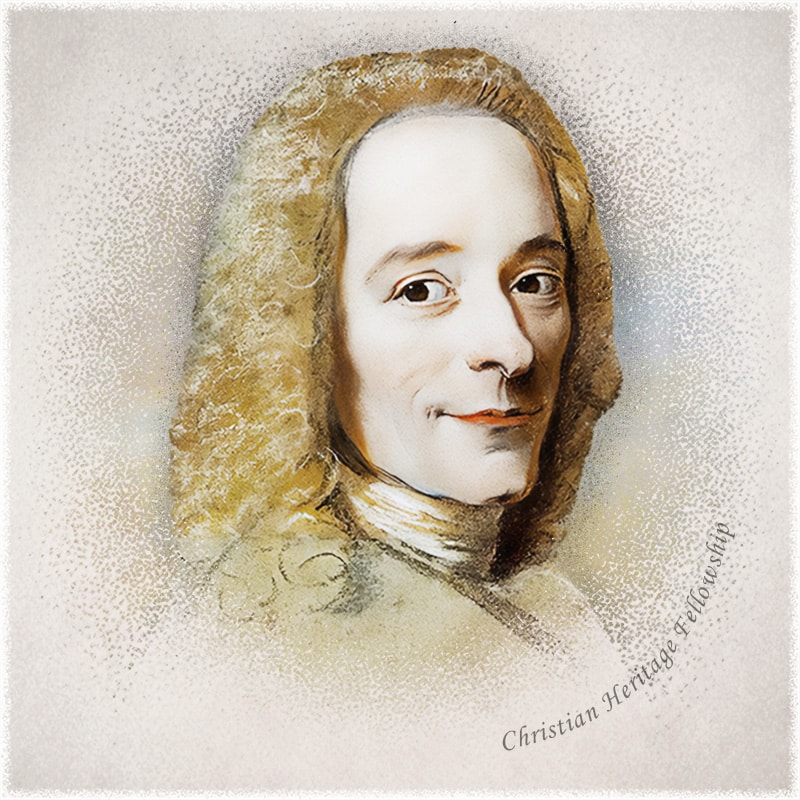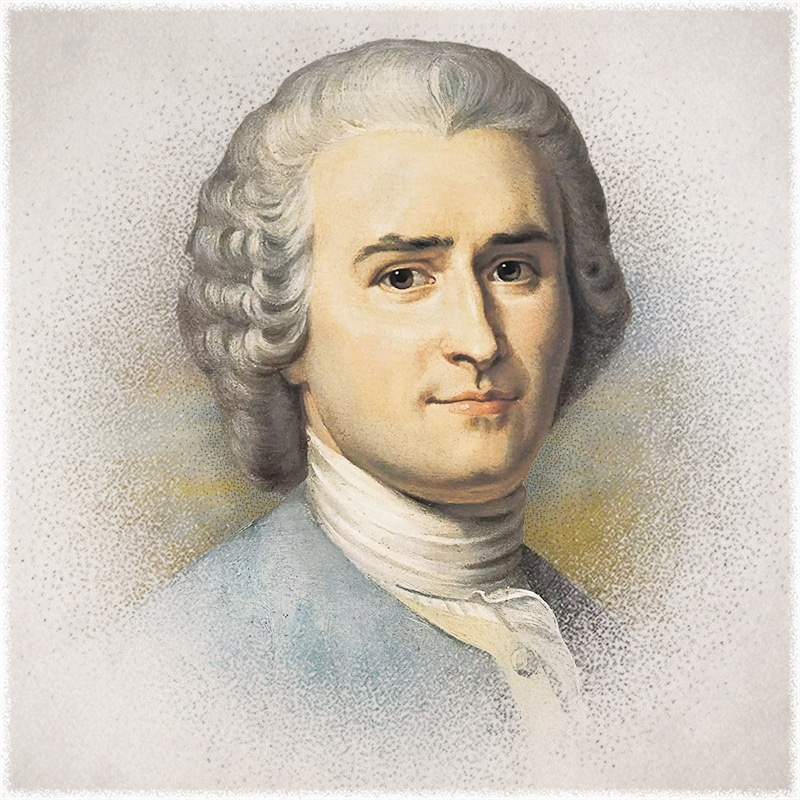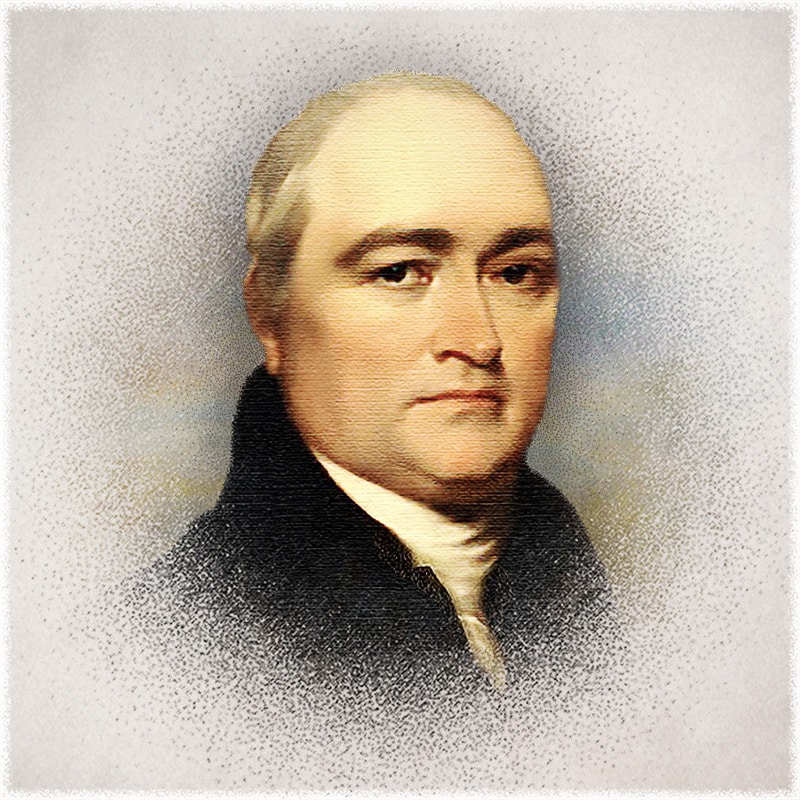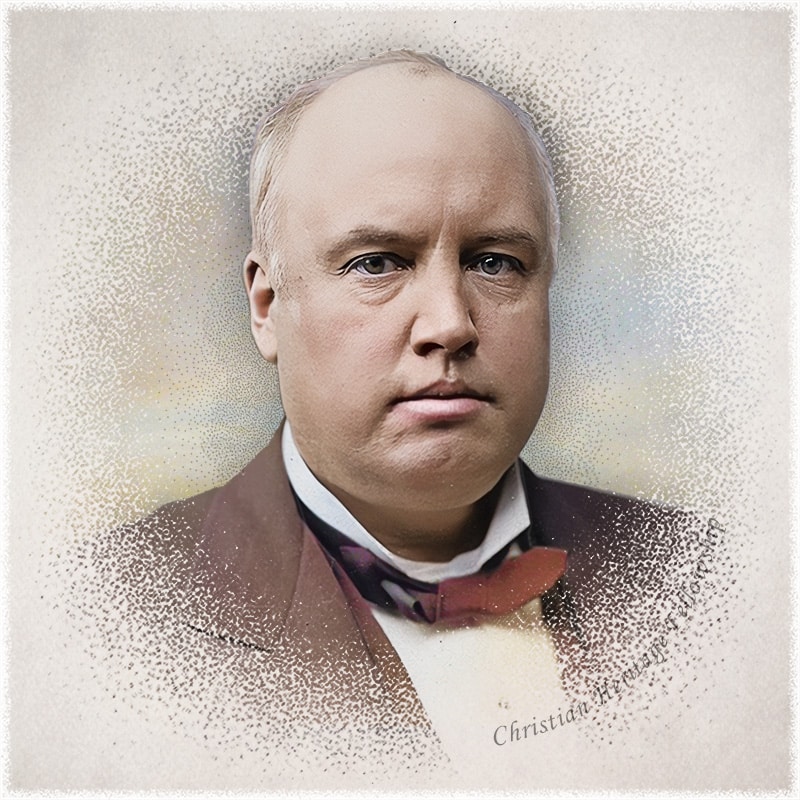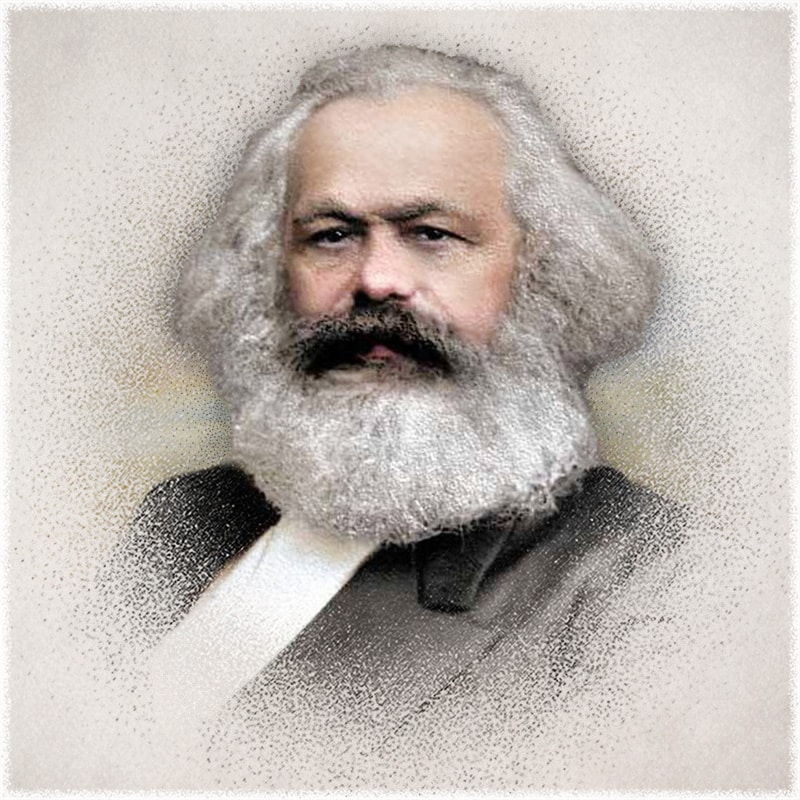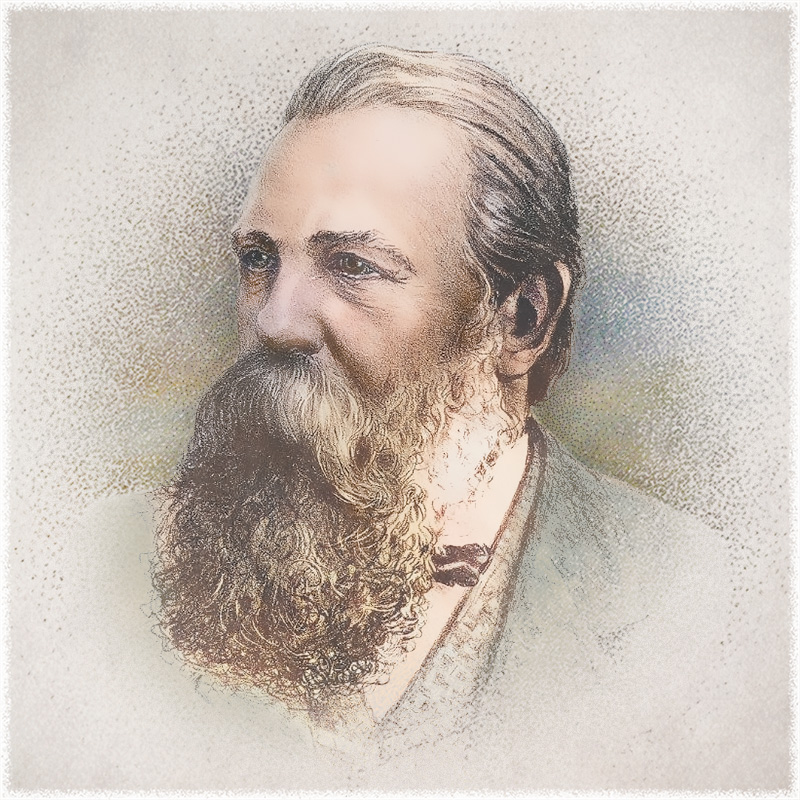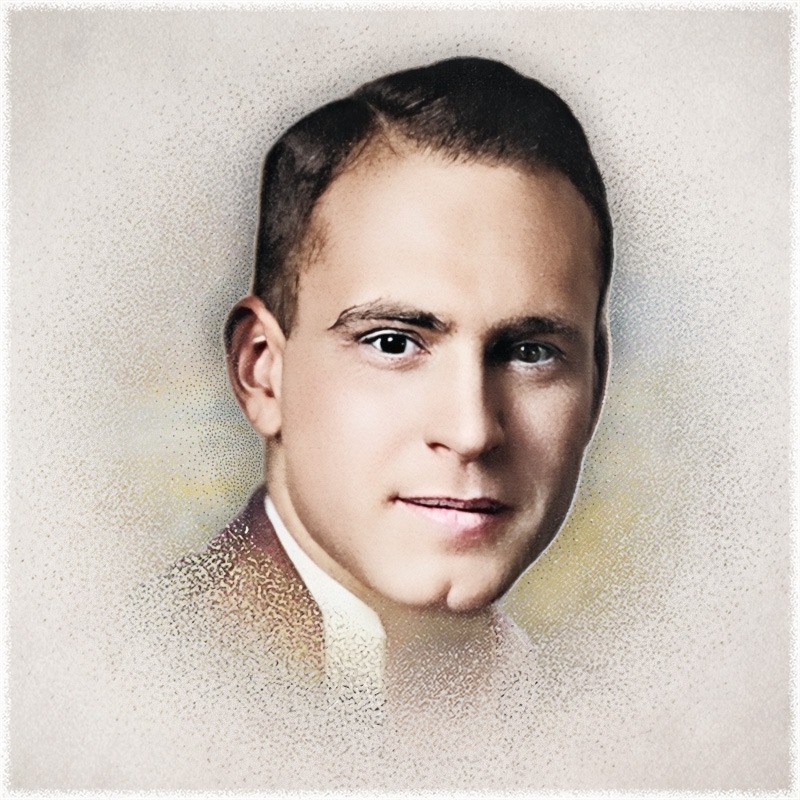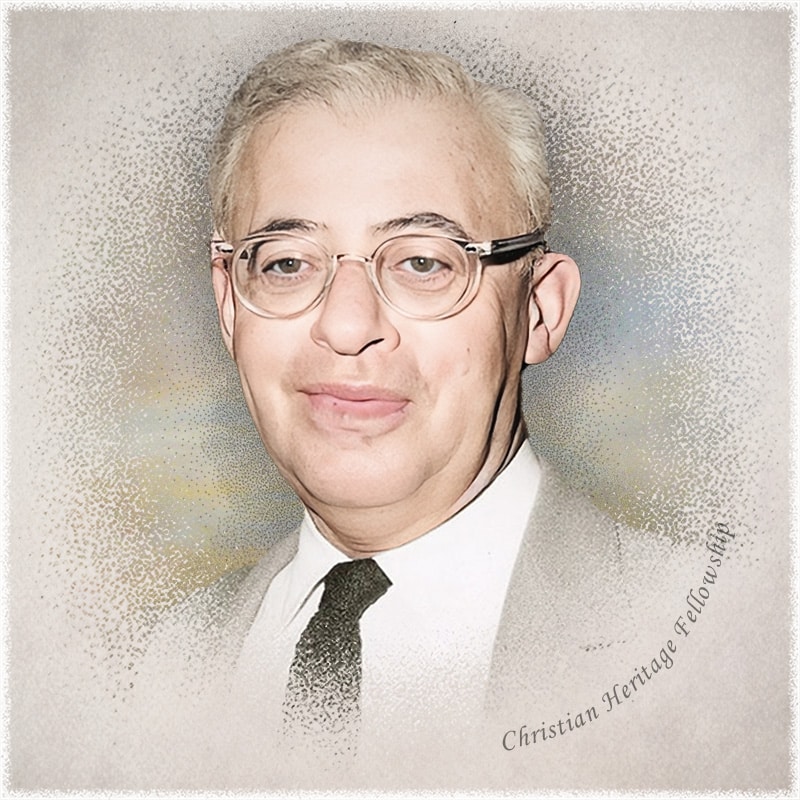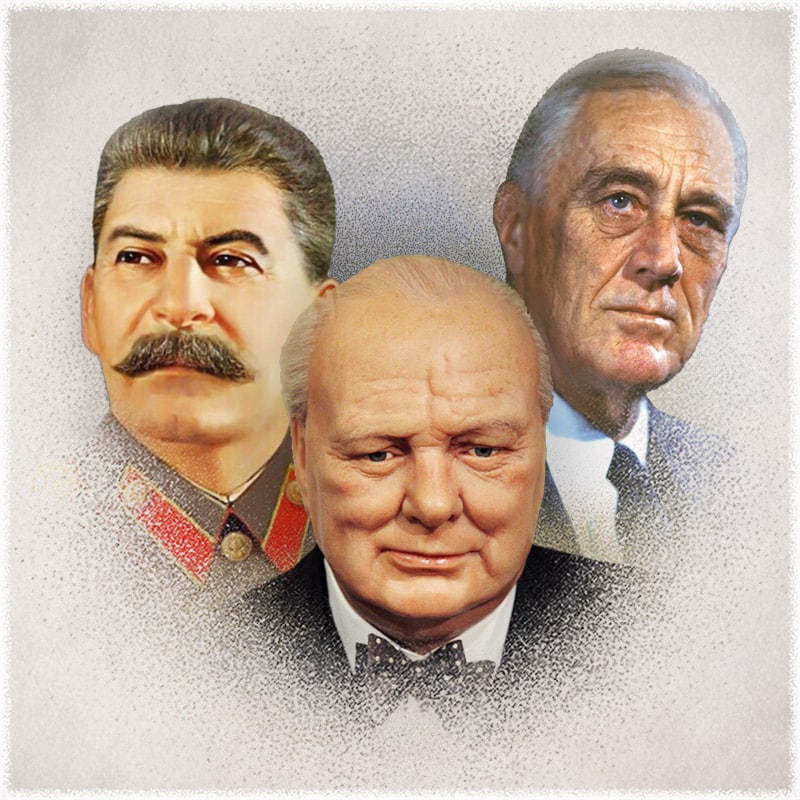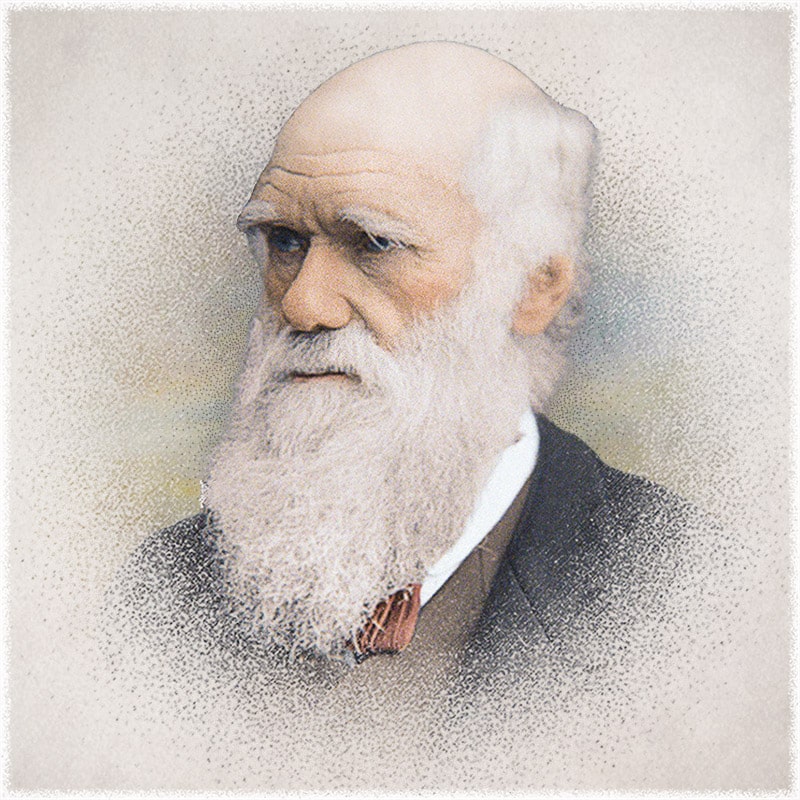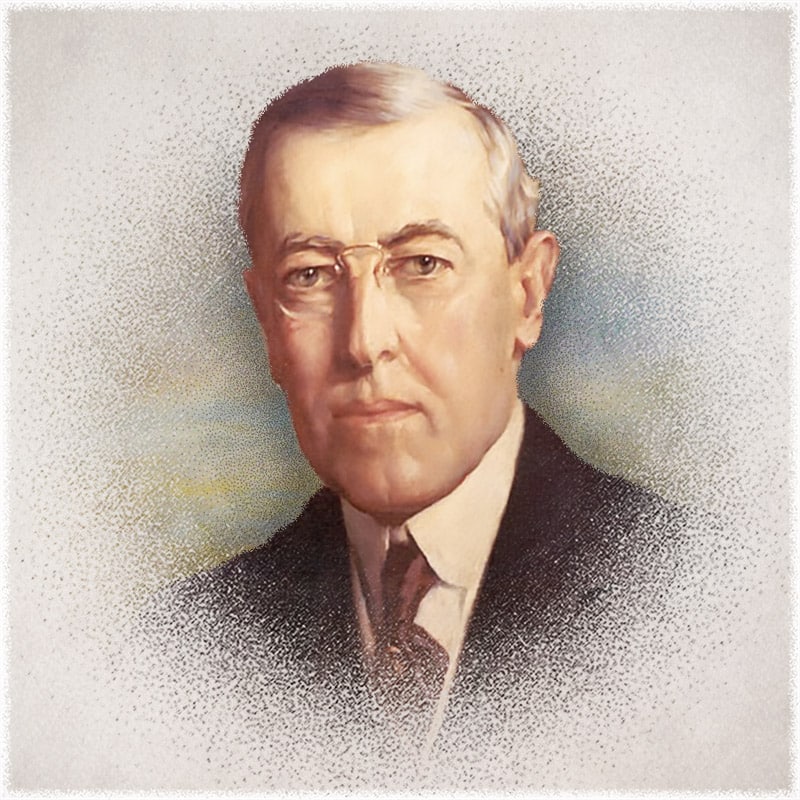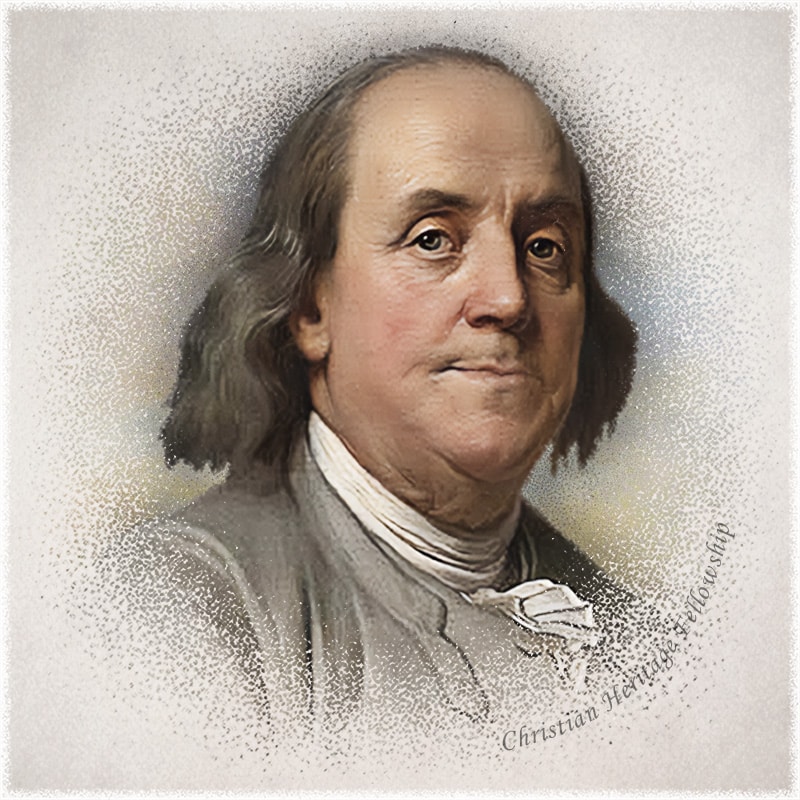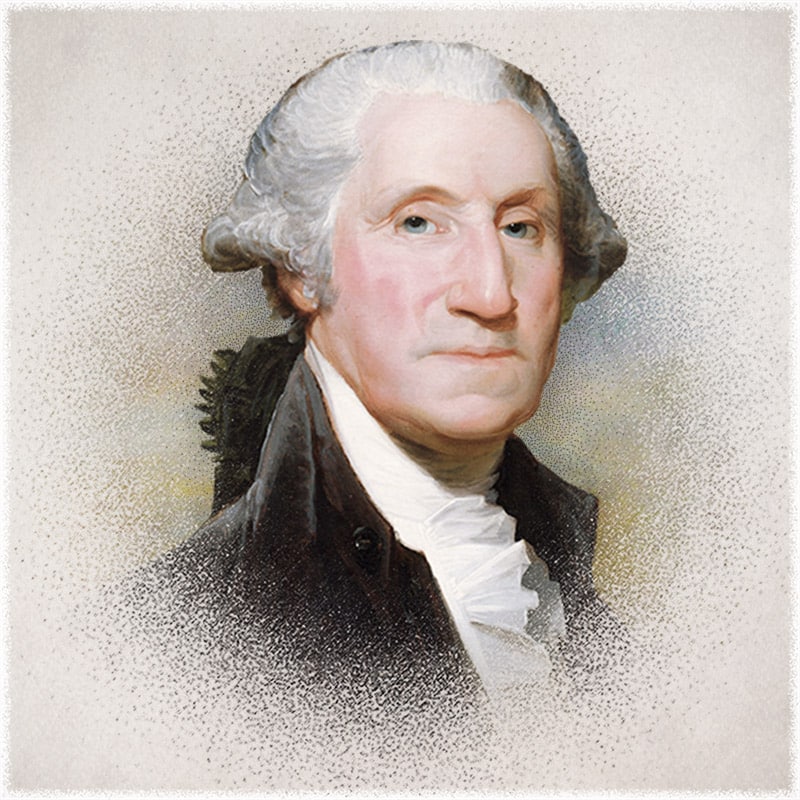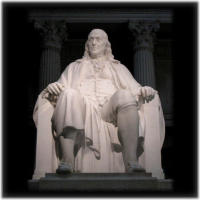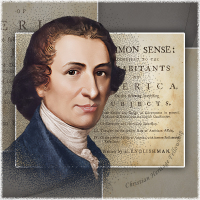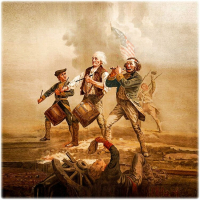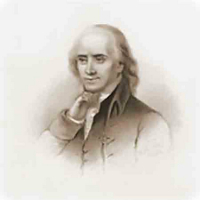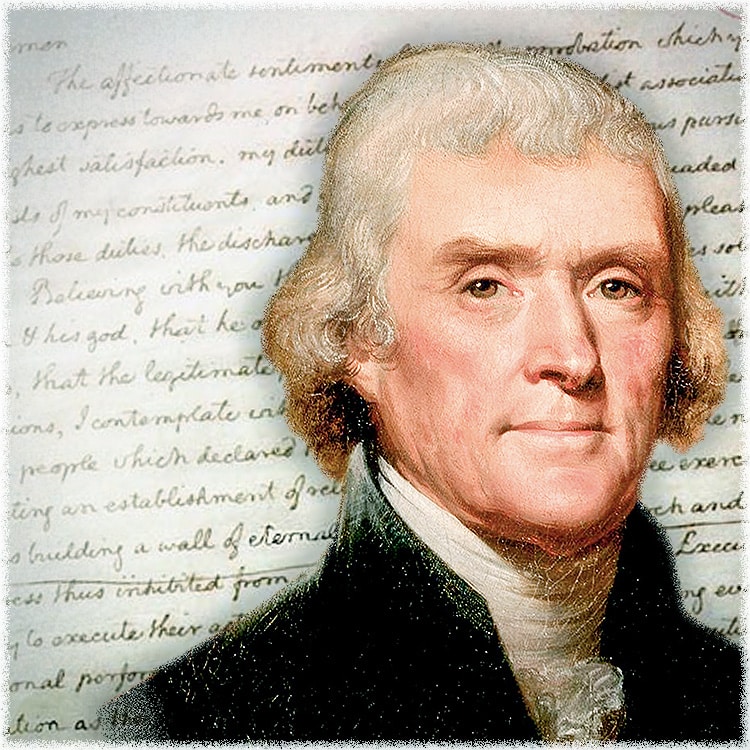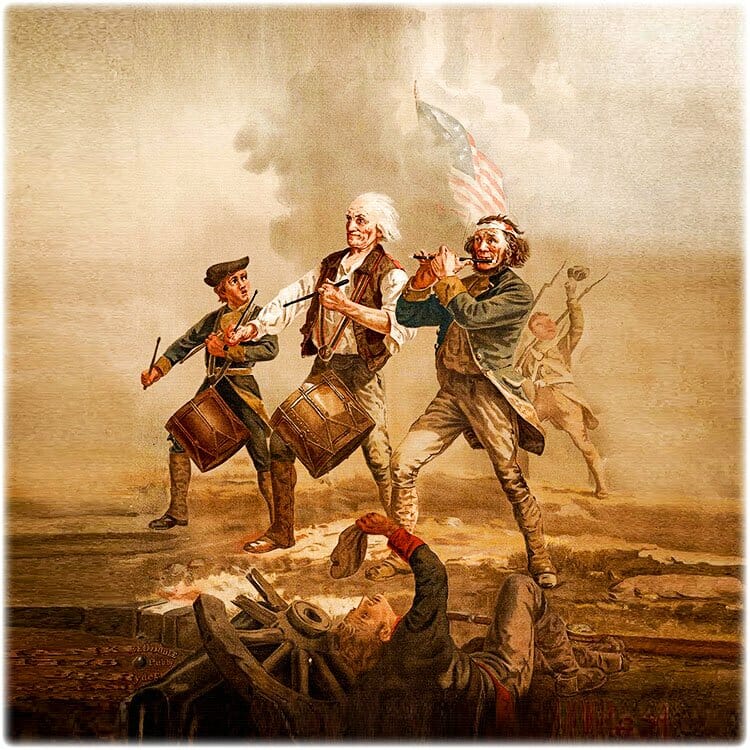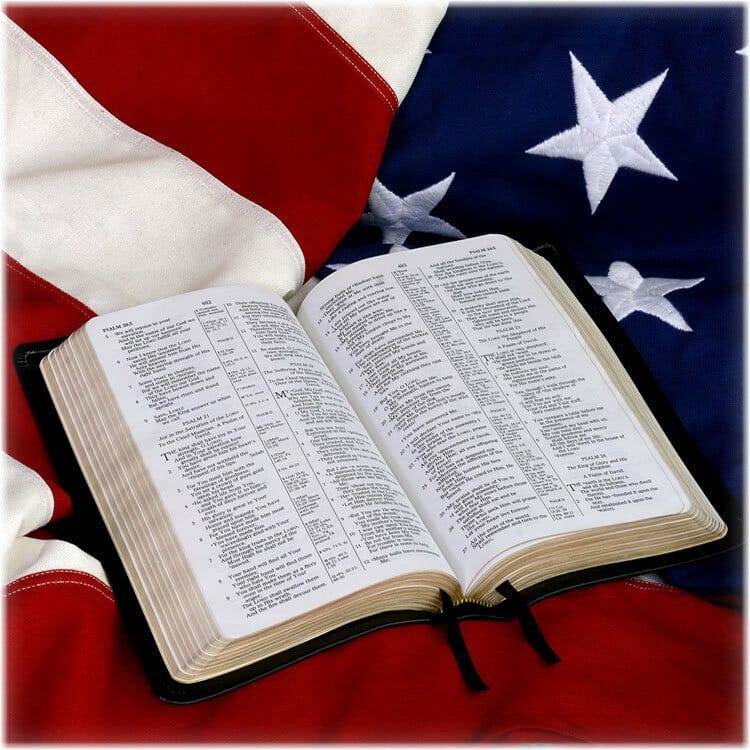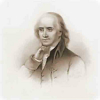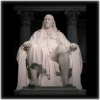The Long Irreligious War Against America
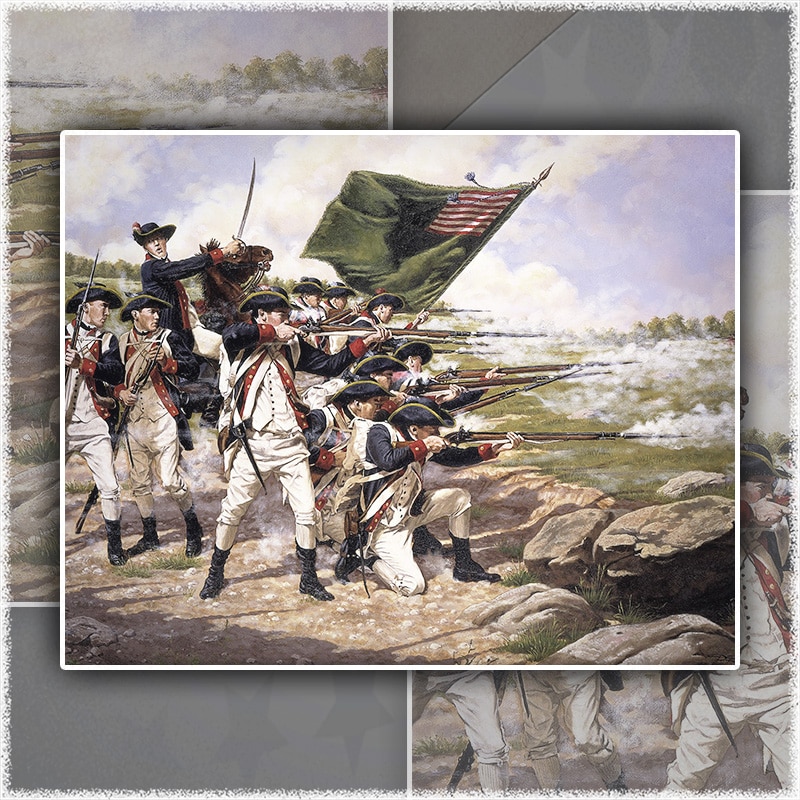
The Afghanistan War lasted nineteen years and ten months and has been designated as America's longest war. But the war against the Christian principles that have made America an exceptional nation has been waged since the beginning of the Republic. Tyrants believe human rights are granted by human government, but the sentiment of America's Founding Fathers was aptly affirmed by Thomas Jefferson when he wrote, "And can the liberties of a nation be thought secure when we have removed their only firm basis, a conviction in the minds of the people that these liberties are of the gift of God?"[1]Irreligious War Against America
The influence of Christianity upon the founding of America is further amplified by John Adams and his son John Quincy Adams. In a letter to Thomas Jefferson dated June 28, 1813, John Adams reminded his friend that the principles that birthed American independence were "the general principles of Christianity."[2] John Quincy Adams followed the example of his father and succinctly identified the influence Christianity exercised upon the origin of American government:Irreligious War Against America
The highest glory of the American Revolution was this: it connected, in one indissoluble bond, the principles of civil government with the principles of Christianity. From the day of the Declaration ... they (the American people) were bound by the laws of God, which they all, and by the laws of the Gospel, which they nearly all, acknowledged as the rules of their conduct.[3]
Contrary to the claims of secularists, the principles of freedom advocated by America's Founding Fathers were principles learned from the Bible and advocated by pastors.[4] So important were these biblical principles that they produced the world's first Christian republic and greatest nation the world has ever known. The struggle to maintain these principles is dated to the origin of America as an independent nation, and that struggle continues to the present.
Because the Founding Fathers believed human rights were a gift from God, America's foremost adversaries have been the irreligious who have denied this fact—namely the enemies of French infidelity, Ingersoll agnosticism, and Marxist and Darwinian atheism.
This article is one we have featured in our newsletters. To subscribe and receive our newsletters, please click the link: Signup...
Article Contents
French Infidelity (18th Century)
His pen name was Voltaire, but his given name was François-Marie Arouet. Born in 1694, Voltaire’s wit and skill as a writer were artfully displayed in his attacks upon Christianity. The French Church was not immune to the corruption that had fallen upon Western Christianity in general, and it was this fact that in part legitimized the attacks of Voltaire and his fellow infidels. While Voltaire and his companions believed in God, they rejected the biblical doctrines of Christianity.
The French Revolution (May 1789 – November 1799) and the Napoleonic Wars (May 1803 – November 1815) that followed are among the most gruesome examples of godless infidel government the world has ever witnessed. Voltaire was a major influence in the rise of infidelity in France and all of Europe, but Jean-Jacques Rousseau is widely regarded as the "Father of the French Revolution".
His tyrannical philosophy of government is seen most clearly in his 1762 book, The Social Contract. Here Rousseau teaches that human government rather than God is the dispenser of rights. The tyranny of the French Revolution closely paralleled Rousseau's political theory that the state grants human rights—even the right to live:
...when the ruler has said: "It is in the state's interest that you should die", he must die, because it is only on this condition that he has hitherto lived in safety, his life being no longer only a benefit due to nature, but a conditional gift of the state.[5]
On February 6, 1778, France became an ally to the thirteen American colonies in their War of Independence against England, and in doing so, sent thousands of French soldiers to America to assist in the bid for freedom. Beginning in the 1720s, Voltaire's attacks against Christianity enjoyed immense success among the French people, and French soldiers who were disciples of Voltaire's infidelity readily sowed their unbelief among their American allies. So significant was the influence of French infidelity following the Revolution that John Adams believed there was a "general debauchery" that had settled upon fledgling America that was the consequence of "pestilential philosophical principles" .[6]
From the end of the American Revolution in 1783, French influence continued to grow when many French soldiers did not return to France following the War. Bible-believing pastors such as Dr. Timothy Dwight—grandson of famed revivalist Jonathan Edwards—confronted the disciples of Voltaire. When Timothy Dwight assumed the presidency of Yale College in 1795, he had already waged war against the followers of Voltaire in his role as a Congregational pastor. In his July 4, 1798 speech, President Dwight discussed Voltaire’s efforts to overthrow Christianity[7] and proceeded to identify Freemasons and especially the Illuminati as sympathizers of this effort to subvert not only faith, but also morals and the government.[8] After presenting a detailed list of the Illuminati's beliefs, Dwight summarized their worldview: "The great and good ends proposed by the Illuminati, as the ultimate object of their union, are the overthrow of [the Christian]religion, government, and human society, civil and domestic."[9]
Along with other Christian leaders, President Dwight lent the strength of his life to confront the errors of Voltaire and Rousseau and destroy their influence in America. As a result, America experienced a spiritual revival known as the Second Great Awakening that reaffirmed the Christian values upon which America had been founded.
Ingersoll Agnosticism (19th Century)
One of the most aggressive forces to resist and deny America’s Christian origin came at the end of the nineteenth century in the person of a pastor’s son—Robert Ingersoll. Known as "the Great Agnostic," Robert Ingersoll was born in Dresden, New York to John Ingersoll, an abolitionist and Congregational minister, [10] who was an assistant to evangelist Charles G. Finney for a brief period. While Finney was in Europe on a revivalistic campaign, John Ingersoll occupied Finney's ministry in America, and upon Finney's return, Rev. Ingersoll remained for a few months to assist Finney.
Throughout his ministry, John Ingersoll became embroiled in much theological controversy causing the family to move on many occasions. Because of his strongly held novel theological opinions, John Ingersoll was brought into a church trial in Madison, Wisconsin which likely contributed to his death a short time later. One biographer noted, "The Madison trial occurred when young Robert was nine years old, and it was the unjust and bigoted treatment his father received which made him the enemy, first of Calvinism, and later of Christianity in its other forms." [11]
Robert Ingersoll vigorously rejected America's Christian heritage, and his agnostic arguments created fertile soil for atheism that was to find greater organization in the disciples of Marx and Darwin.
Marxist and Darwinian Atheism (19th — 21st Centuries)
Marxism and Darwinism have been the primary advocates of atheism since the nineteenth century. While each understand the origin of the physical world in different terms, both serve as the foundation for tyrannical forms of government.
Marxism (1848)
Late in 1847, Karl Marx and Friedrich Engels were charged with the task of writing the Communist League's program by the Second Congress of the party (London, November 29 - December 8, 1847). The first edition was printed in German in January 1848 by a London printer. [12] By June 1848, a French translation was made and circulated from Paris, shortly before the insurrection of June 1848. The first English translation was made by Miss Helen Macfarlane and appeared in George Julian Harney’s “Red Republican” (London, 1850).An authorized English translation was edited by Engels and Samuel Moore and published in Chicago in 1888, titled Manifesto of the Communist Party.Like Darwinism, Marxism denied the existence of God and suggested that the world created itself by means of dialectical materialism. [13]
An understanding of the origin of the world inevitably determines the government of humanity. A Christian believes God established the order of nature and seeks to order human society with the principles of Scripture. Marxism, however, has no set moral standards; whatever is believed to advance society for the working class (" proletariat" ) is permissible, as Engels observed: "We therefore reject every attempt to impose on us any moral dogma whatsoever…" [14] Unlike Christians who believe stealing and murder is wrong in any part of the globe, Marxists believe what is right and wrong is determined by what benefits the working class—including murder, theft, etc.
Marxism laid the foundation for modern socialism and communism. From January 12, 1848, to October 4, 1849, Western, Northern, and Central Europe were rocked by revolutions and social unrest. Affecting more than fifty countries, these uprisings were known as the Springtime of Nations, Springtime of the Peoples, and Year of Revolution and resulted in the loss of tens of thousands of lives. The causes were numerous; many demanded a constitution, freedom of the press, the right of universal male voting and democratic rights, liberation of peasants, abolition of monarchical rule in favor of republican states, and many other issues that drove the unrest of Europe.
Not until the last third of the nineteenth century was the influence of Marxism significantly felt in Europe and America. While Marxism found many disciples in America, the American Civil Liberties Union, the Frankfurt School, and Saul Alinsky have been among its most influential advocates.
The American Civil Liberties Union
By the early part of the twentieth century, Marxism was making its presence known through the American Civil Liberties Union. Few organizations have been as successful at pushing America's Christian heritage out of the public arena as the ACLU. Credited for much of the organizational rise of the ACLU,Roger Baldwinwas born into material affluence and raised in Massachusetts in the Unitarian Church. In 1905, Baldwin graduated from Harvard, and beginning in the 1920s, he began to voice his sympathy for the social goals and aspirations of the emerging communist nations. In the 1935 Harvard Class Book, Baldwin touted his Marxism:
I am for socialism, disarmament and ultimately for abolishing the state itself as an instrument of violence and compulsion. I seek the social ownership of property, the abolition of the propertied class and sole control by those who produce wealth. Communism is, of course, the goal.[15]
The Frankfurt School
A second influential Marxist advocate emerged in the 1930s and was known as the Frankfurt School. The Frankfurt School was a group of Marxist pseudo-intellectuals, many of whom were Jewish atheists, who initiated methods of corrupting the Christian values of Western culture to establish Marxism. The goal of Marxists allied with the Frankfurt School was the non-violent takeover of societies without guns or weapons, but by changing the values of the people within that society. The idea was to cause a society to wander down a road toward insolvency, immorality, and totalitarianism.
In 1923, members and supporters of the Marxist communist party Max Horkheimer, and CarlGrünberg, Friedrich Pollock set up an institute at Frankfurt University in Weimar Germany. The institute was named "the Institute for Social Research" and later known simply as the Frankfurt School. Failing to secure the support of the "working class" in the West following World War I, these Marxist resorted to a tactic known as a "long march through the cultural institutions" such as the churches, academies, seminaries, newspapers, magazines, radio, film, TV, and mass media. To advance their Marxist agendas, they focused efforts on these institutions to destroy the Christian values of the West.
Just as their long march was to begin in Germany, an anti-Marxist and anti-Semitic Adolf Hitler came to power in Germany, and in 1933, the Nazis party closed the Institute for Social Research. As a result, leading representatives of the Institute fled to America and settled at Columbia University.
In 1965, the Columbia University served as host for the first "gay" student group and was behind the homosexual movement and the student protest movement of 1968. Communist national liberation movements around the world subsequently emerged out of the Frankfurt School, and for this reason, Frankfurt may be credited to a large degree for the decline of Christian values and morals in America at the end of the twentieth and beginning of the twenty-first centuries.
Saul Alinsky
One of the tools employed by Marxists to undermine a nation is to discredit its heritage of founding fathers. In his book, Rules for Radicals, [16] communist advocate Saul Alinsky sowed the seeds of class warfare—in part—by creating “disillusionment with past ways and values.” [17] Creating dissatisfaction with a nation’s history has been a tactic employed by Marxists around the world. The Marxist attack upon America’s “past ways and values” began more than a century prior to Black Lives Matter dismantling or defacement of historic sites in 2020.
Saul Alinsky was born January 30, 1909 in Chicago, Illinois to Benjamin and Sarah Tannenbaum Alinsky, Russian Jewish immigrant parents. Both parents were "strict Orthodox" whose lives revolved around work and the synagogue. Devout to the faith of his parents until about twelve, Alinsky then became an agnostic, though when asked about his religion, always replied he was Jewish.
In America, Communism has employed "community organizers" to advance the agenda of Marx. The idea of "critical theory" was developed by Marx as a means of identifying and exploiting the differences between two or more groups. Applying this theory meant "community organizers" would sow discord between groups, and when conflict arose between the groups, communist community organizers would step in to take control. This same method was used around the world by Marxists to first divide, then conquer and install communist dictators.
From February 4-11, 1945, the Yalta Conference was convened between the governments of the United States, the United Kingdom, and the Soviet Union to discuss postwar reorganization of Germany and Europe. Democratic President Franklin Roosevelt of the United States, British Prime Minister Winston Churchill, and Soviet General Secretary Joseph Stalin negotiated the settlement for the allied powers. Communists in America viewed this meeting as an opportunity to begin to work within the Democratic Party to advance communism in America.
By the end of the twentieth century, tyrannical communism was waning around the globe, but socialists and communists of the Democratic Party have been resolved to cripple and kill America and its Christian heritage. Two of the most brazen Democrats who have had direct ties to the communism of Alinsky have been Hillary Clinton [18] and Barack Obama.[19]
Darwinism (1859)
In 1859, Charles Darwin published his epoch work, The Origin of Species[20] in which he maintained that the physical world was a product of random chance and not the result of Divine creation. Darwin’s Origin challenged the place of God and the cultural influence of Christianity in virtually every discipline around the world.
The idea that the physical world was the result of mere unguided chance and not the work of God also was deeply felt in Christian biblical and theological circles. Christian doctrines and confidence in the reliability of the Bible were undermined. By the end of the nineteenth century, law schools, seminaries, Christian colleges, and every discipline was changed from a belief that God had created it all to everything has happened by chance, and therefore, humanity is not obligated in any way to give consideration to the will or governance of God in the world.
Though America was preoccupied with the Civil War (1861-1865) when Darwinism first appeared on the world stage, it eventually exercised a devastating influence upon the Christian intellectual foundation of America. Reflective of this fact was the influence of Darwinism upon America’s understanding of human government. With the rise of Darwinism came the rise of Progressivism. In his book, The New Freedom, Democratic President Woodrow Wilson argued for the dismissal of the Christian governmental foundation of America’s Founding Fathers in favor of the “might is right” foundation of Darwin—from the Divine origin of human rights to rights granted by the government. While the larger context of his discussion demonstrates this fact, the following brief quotes reveals the intent of dismissing of establishing American government on ever-changing principles of Darwinian evolution:
All that progressives ask or desire is permission—in an era when "development," "evolution," is the scientific word—to interpret the Constitution according to the Darwinian principle; all they ask is recognition of the fact that a nation is a living thing and not a machine.[21]
Darwinism undermined confidence in Scripture and the existence of God and laid the foundation for liberalism. Though some historians suggest that liberalism was devastated by World War I, it is more accurate to suggest that the naturalistic philosophy of liberalism, founded upon Darwinism, simply put on a new suit of clothes, and, like Marxism, its advocates remain strong proponents for tyrannical state granted rights.
Conclusion: Christianity Necessary to Politics
Because infidelity, agnosticism, and atheism believe God does not govern the world and, therefore, cannot grant human rights, these forms of irreligion insist the state has the authority to give and take rights. The infidelity of the French resulted in the deaths of more than six million in the French Revolution and Napoleonic Wars, and the toll of agnosticism and atheism in terms of human lives in the twentieth century has been nearly twenty times this figure.
Contrary to the popular myth that America's Founding Fathers were infidels (Deists) and atheists, Benjamin Franklin makes it quite clear these world views exercised little or no influence upon the founding of America. In a brief pamphlet to Frenchmen considering relocating to America, Mr. Franklin wrote,
. . . bad examples to youth are more rare in America, which must be a comfortable consideration to parents. To this may be truly added, that serious religion, under its various denominations, is not only tolerated, but respected and practiced. Atheism is unknown there; infidelity [Deism]rare and secret; so that persons may live to a great age in that country, without having their piety [Christian scruples]shocked by meeting with either an atheist or an infidel [Deist]. [22]
With Thomas Jefferson, Christians and the Founding Fathers believed that human rights" are of the gift of God".[23] Infidel, agnostics, and atheists believe it is the state or human government that determines the rights of the people—and for this reason, it may be asserted that it is not possible to be a true American and be an agnostic or atheist!
The Founding Fathers commonly believed their Christian faith provided for liberties previously unknown to the world. In their writings, they often used the term "religion" as a synonym for "Christianity," as denoted by Chief Justice John Marshal.[24] This fact is important when considering the warning delivered by the Father of America, George Washington, in his Farewell Address when leaving the presidency in 1796. He reminded his fellow Americans of the fact that the Christian faith must not be divorced from public life when he wrote:
Of all the dispositions and habits which lead to political prosperity, religion [Christianity]and morality are indispensable supports. In vain would that man claim the tribute of patriotism, who should labor to subvert these great pillars of human happiness, these firmest props of the duties of men and citizens. The mere politician, equally with the pious man, ought to respect and to cherish them. A volume could not trace all their connections with private and public felicity. Let it simply be asked: Where is the security for property, for reputation, for life, if the sense of religious obligation desert the oaths which are the instruments of investigation in courts of justice? And let us with caution indulge the supposition that morality can be maintained without [the Christian] religion. Whatever may be conceded to the influence of refined education on minds of peculiar structure, reason, and experience both forbid us to expect that national morality can prevail in exclusion of [Christian] religious principle.[25]
In May 2017, Lydia Saad published an article at Gallup titled, "Record Few Americans Believe Bible Is Literal Word of God". In it, Saad related that, "Fewer than one in four Americans (24%) now believe the Bible is 'the actual word of God, and is to be taken literally, word for word,' similar to the 26% who view it as 'a book of fables, legends, history and moral precepts recorded by man.'" [26] An increased lack of confidence in the Bible is attributable to the rise of Marxism and Darwinism. Early American pastors were responsible for convincing their fellow patriots that human rights were a gift from God and did so from the Bible. Is it possible for Americans to remain a free people if the source of confidence for their freedom is destroyed by irreligion?
For the sake of its own soul and for the sake of the world, America must not lose the long war against infidelity, agnosticism, and atheism.
[1] Thomas Jefferson, Notes on the State of Virginia, A New Edition ed. (Richmond, VA: J. W. Randolph, 1853)., 174-175.
[2] " The general principles on which the fathers achieved independence, were the only principles in which that beautiful assembly of young men could unite, and these principles only could be intended by them in their address, or by me in my answer. And what were these general principles? I answer, thegeneral principles of Christianity…" Letter to Thomas Jefferson, June 28, 1813. John Adams, The Works of John Adams, Second President of the United States, with a Life of the Author, Notes and Illustrations by His Grandson, Charles Francis Adams, 10 vols. (Boston: Little, Brown and Company, 1851-1856), 10:45-46.
[3] John Quincy Adams, Address Delivered at the Request of the Committee of Arrangements for Celebrating the Anniversary of Independence at the City of Washington on the Fourth of July 1821, Upon the Occasion of Reading the Declaration of Independence, Second ed. (Cambridge: University Press, 1821), 1821.
[4] Adams, Works of John Adams, 10:284-85; to Hezekiah Niles, February 13, 1818.
[5] Emphasis added. Jean-Jacques Rousseau, Discourse on Political Economy and the Social Contract, trans. Christopher Betts (New York: Oxford University Press, 1994), 71.
[6] "There are many other evils in our country which are growing (whereas the practice of slavery is fast diminishing) and threaten to bring punishment on our land more immediately than the oppression of the blacks. That sacred regard to truth in which you and I were educated, and which is certainly taught and enjoined from on high, seems to be vanishing from among us. A general relaxation of education and government, a general debauchery as well as dissipation, produced by pestilential philosophical principles of Epicurus, infinitely more than by shows and theatrical entertainments; these are, in my opinion, more serious and threatening evils than even the slavery of the blacks, hateful as that is. I might even add that I have been informed that the condition of the common sort of white people in some of the Southern States, particularly Virginia, is more oppressed, degraded, and miserable, than that of the negroes. These vices and these miseries deserve the serious and compassionate consideration of friends, as well as the slave trade and the degraded state of the blacks. I wish you success in your benevolent endeavors to relieve the distresses of our fellow creatures and shall always be ready to cooperate with you as far as my means and opportunities can reasonably be expected to extend." Letter to George Churchman and Jacob Lindley, January 24, 1801. Adams, Works of John Adams, 9:92-93.
[7] Timothy Dwight, The Duty of Americans at the Present Crisis, Illustrated in a Discourse, Preached on the Fourth of July, 1798 (New Haven, CT: Thomas and Samuel Green, 1798), 10-11.
[8] It may be noted that the Illuminati used the Freemasons as a means of advancing their agenda of tyrannical domination. The Illuminati used the openness of the Freemasons to advance their agenda. Dwight, Duty of Americans at the Present Crisis, 11-14.
[9] Dwight, Duty of Americans at the Present Crisis, 13.
[10] Rufus Rockwell Wilson, "“Bob” Ingersoll: A Sketch of the Life of America's Most Noted Agnostic," The Elmira Telegram, Sunday, March 16, 1890, https://www.crookedlakereview.com/articles/34_66/41aug1991/41wilson.html.
[11] Wilson, "“Bob” Ingersoll: A Sketch of the Life of America's Most Noted Agnostic."
[12] Karl Marx and Friedrich Engels, Manifest Der Kommunistischen Partei (London: Bildungs-Gesellschaft für Arbeiter, 1849).
[13] W. Cleon Skousen, The Naked Communist: Exposing Communism and Restoring Freedom (Salt Lake City, UT: Izzard Ink Publishing Company, 2017), 64.
[14] Emile Burns, A Handbook of Marxism (New York: International Publishers, 1935), 249.
[15] William H.McIlhany, The ACLU on Trial (New Rochelle, NY: Arlington House, 1976), 134.
[16] Saul D. Alinsky, Rules for Radicals; a Practical Primer for Realistic Radicals (New York: Random House, 1971).
[17] Saul D. Alinsky, Rules for Radicals; a Practical Primer for Realistic Radicals, Vintage Books ed. (New York: Vintage Books, 1989), xxii.
[18] Barbara Olson, Hell to Pay: The Unfolding Story of Hillary Rodham Clinton (Washington, DC: Regnery Publishing, 1999).
[19] David Horowitz, Barack Obama's Rules for Revolution: The Alinsky Model (Sherman Oaks, CA: David Horowitz Freedom Center, 2009).
[20] Charles Darwin, The Origin of Species by Means of Natural Selection: Or, the Preservation of Favored Races in the Struggle for Life (London: John Murray, Albemarle Street, 1859).
[21] Woodrow Wilson, The New Freedom: A Call for the Emancipation of the Generous Energies of a People (New York: Doubleday, Page and Company, 1918), 48.
[22] "Benjamin Franklin, Information to Those Who Would Remove to America," The Founders' Constitution (http://press-pubs.uchicago.edu/founders/documents/v1ch15s27.html, April 17, 2015).
[23] Jefferson, Notes on the State of Virginia, 174-175.
[24] On May 9, 1833, Justice Marshall wrote, "No person, I believe, questions the importance of religion to the happiness of man even during his existence in this world. The American population is entirely Christian; and with us Christianity and religion are identical."Charles Hobson, ed. The Papers of John Marshall (Chapel Hill: University of North Carolina Press, 2006), 12:278.
[25] 106th Congress Senate Document No. 106-21, 2d Session, Washington’s Farewell Address to the People of the United States, by George Washington (Washington: Congress, 1796), 20.
[26] Lydia Saad, "Record Few Americans Believe Bible Is Literal Word of God," Gallup, June 21, 2022; https://news.gallup.com/poll/210704/record-few-americans-believe-bible-literal-word-god.aspx.


